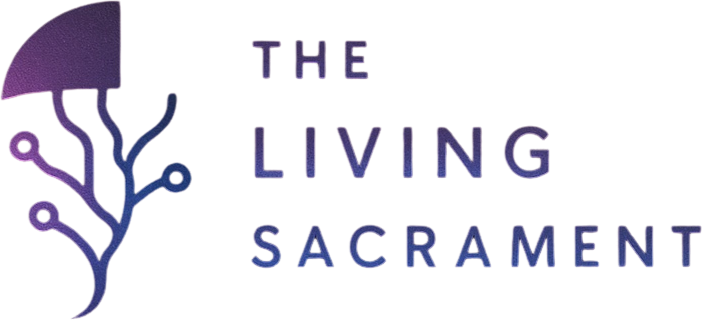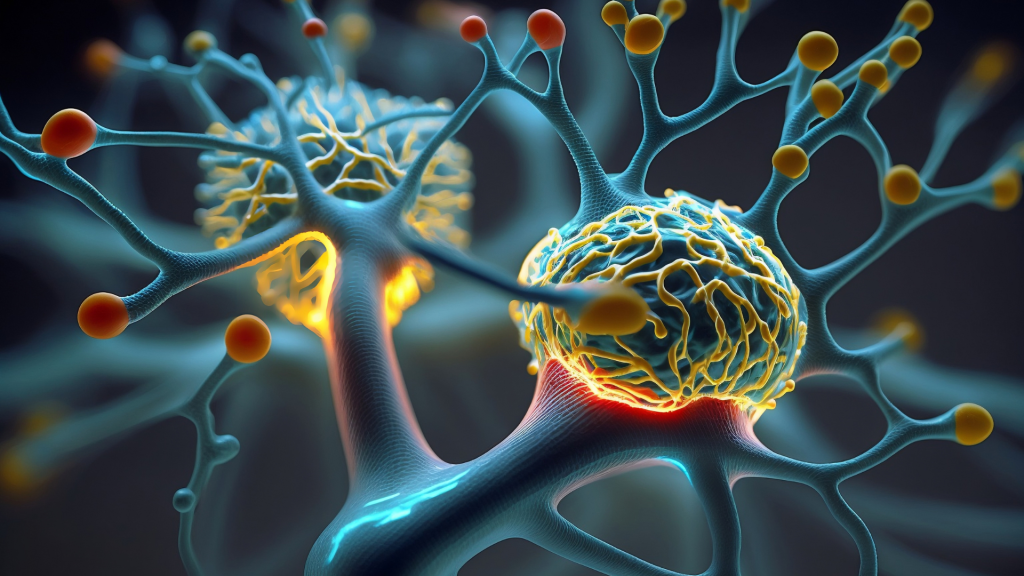The brain is not fixed. It changes and adapts through life in response to learning, experience, and environment. This ability is called neuroplasticity. It is the process that allows us to form memories, recover from injuries, and adapt to new challenges. In recent years, researchers have found that psilocybin, the active compound in magic mushrooms, may increase neuroplasticity. This discovery has put shrooms at the center of modern discussions on mental health and healing.
What Neuroplasticity Means
Neuroplasticity is the brain’s ability to rewire itself. It happens when neurons, the cells that send and receive signals, create new connections or strengthen existing ones. Neuroplasticity occurs when you learn a new skill, practice a language, or even recover from a stroke. It is the reason the brain can adapt and change instead of staying the same from birth to death.
This process happens at different levels. On a small scale, individual synapses, the points where neurons communicate, become stronger or weaker. On a larger scale, whole brain networks can shift, forming new pathways. These changes allow the brain to stay flexible, solve problems, and overcome patterns that no longer serve us.
Why Neuroplasticity Matters
Strong neuroplasticity is linked to learning, memory, and resilience. When neuroplasticity is reduced, people can feel stuck. Conditions like depression, anxiety, and addiction often involve rigid brain patterns. The same negative thoughts loop again and again, and breaking out of them feels impossible.
This is why scientists are so interested in compounds that boost neuroplasticity. If the brain can become flexible again, it may be easier to change behavior, shift perspective, and recover mental health.
How Magic Mushrooms Affect the Brain
When someone takes shrooms, psilocybin converts into psilocin in the body. Psilocin interacts with serotonin receptors, especially the 5-HT2A receptor, which influences mood and cognition. This receptor activity does more than cause hallucinations. It also triggers changes inside neurons that support growth and connectivity.
Lab studies show that psilocybin increases dendritic growth. Dendrites are the branch-like structures on neurons that connect to other cells. More dendritic branches mean more communication between neurons. Psilocybin also promotes synaptogenesis, the creation of new synapses, which strengthens brain networks. Together, these effects suggest psilocybin boosts the structural basis of neuroplasticity.
Evidence from Animal Research
Animal studies give strong support for psilocybin’s role in plasticity. Rodents given psilocybin showed increases in dendritic spines, which are tiny growths that help neurons form new connections. These changes appeared within 24 hours and lasted for weeks. Similar results have been found with other psychedelics, but psilocybin is one of the best studied.
Researchers also observed improvements in cognitive flexibility in animals. This means the ability to shift strategies and adapt to new situations improved after psilocybin exposure. This is important because reduced flexibility is a hallmark of many mental health conditions.
Human Evidence and Mental Health
Direct proof in humans is harder to capture, but early studies are encouraging. Brain imaging after psilocybin sessions shows more connectivity between regions that normally stay separate. This temporary “rewiring” may allow people to see problems in new ways. It lines up with self-reports of fresh perspective, emotional release, and lasting improvement in mood.
Clinical trials for depression and anxiety also support this idea. Many participants describe feeling free from repetitive thought loops after psilocybin therapy. Scientists believe the drug helps disrupt rigid brain patterns, giving therapy more room to work. The improvements often last weeks or months, long after the substance has left the body, which suggests neuroplasticity is at play.
Why This Is Important for Healing
If psilocybin increases neuroplasticity, it may help the brain move out of stuck states. For depression, that could mean breaking cycles of hopeless thoughts. As for addiction, it could mean opening the door to new behaviors and leaving old habits behind. With anxiety, it could mean loosening the grip of fear and worry.
The therapy process becomes more powerful when the brain is flexible. Insights gained during a psilocybin session may have a better chance of becoming lasting changes in thought and behavior. This is one reason psilocybin therapy has shown such promise in clinical trials.
Neuroplasticity Beyond Medicine
Psilocybin’s effects are not limited to people with mental illness. Many healthy individuals who use shrooms recreationally or in guided settings also report lasting benefits. These include improved creativity, problem-solving, and openness. These changes suggest that psilocybin-fueled neuroplasticity may help anyone seeking growth and new perspectives.
Factors That Shape the Effect
The boost in neuroplasticity depends on more than just the compound itself. Dose, setting, and mindset all play a role. Small doses may offer mild benefits, while larger doses are often linked with stronger shifts. Supportive environments make it easier to integrate new connections into positive changes. Without integration, the potential may fade more quickly.
The Clear Answer
So, what is neuroplasticity and how do shrooms relate to it? Neuroplasticity is the brain’s ability to rewire and adapt. Psilocybin from magic mushrooms appears to enhance this process by encouraging growth of new connections between neurons. This boost in flexibility may explain why psilocybin helps people overcome depression, anxiety, and addiction. It may also support creativity and personal growth.
Final Thoughts
Neuroplasticity is at the heart of learning, healing, and change. Magic mushrooms seem to unlock this capacity in powerful ways. While more research is still needed, the evidence so far points to psilocybin as a tool for strengthening the brain’s natural ability to adapt. By supporting neuroplasticity, shrooms may help people move past old patterns and open the door to lasting transformation.
Sources
- Ly C, et al. Psychedelic-Induced Neural Plasticity: A Comprehensive Review. Brain Sciences. 2025.
- de Vos CMH, et al. Emerging Mechanisms of Psilocybin-Induced Neuroplasticity. Trends Pharmacol Sci. 2025.
- Vollenweider FX, et al. Neurobiology of Psilocybin. Front Syst Neurosci. 2025.

